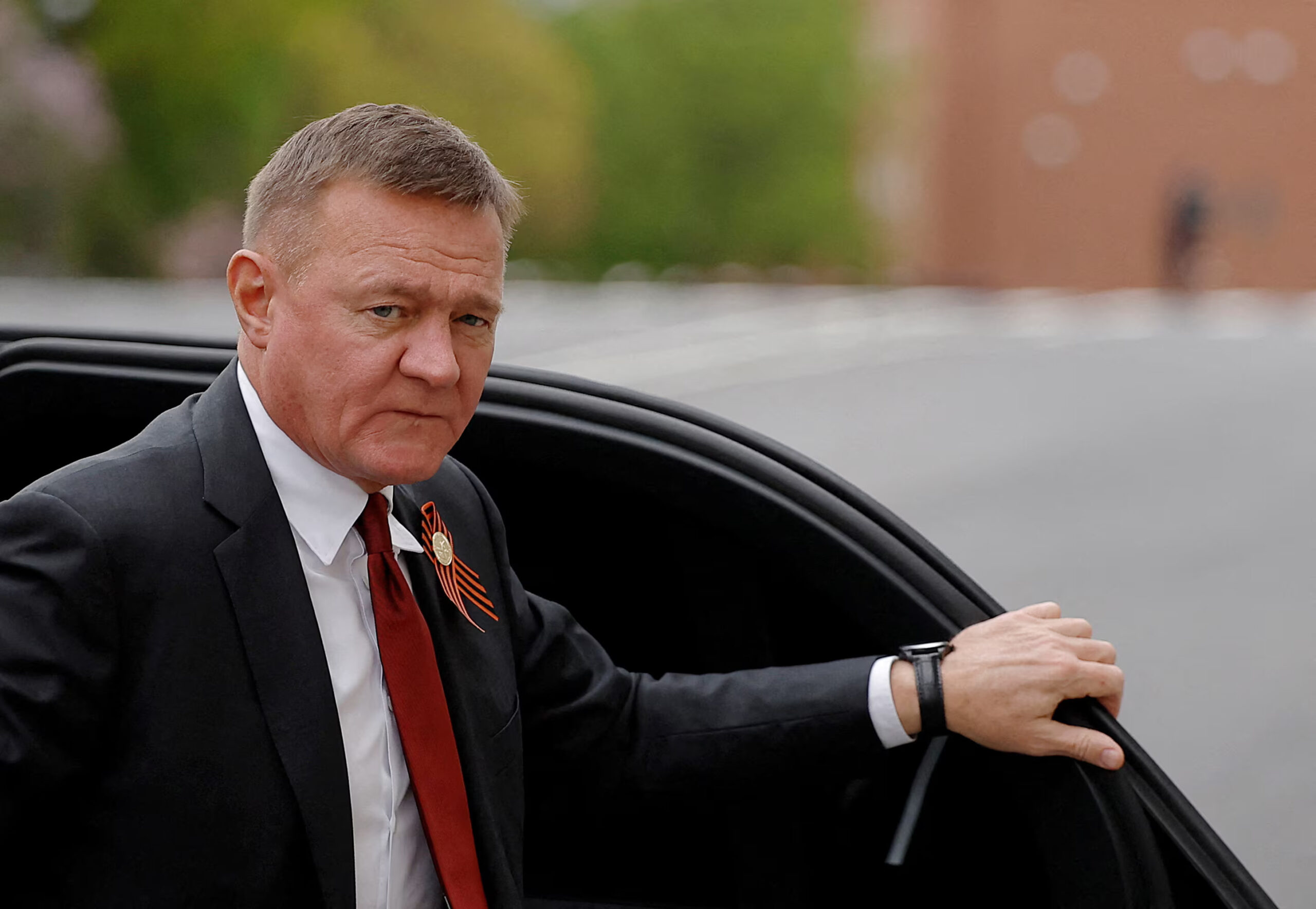Something sinister is unfolding in Russia, and it’s not exactly subtle. Over recent months, the sight of oligarchs and officials plummeting from windows has become a chillingly familiar headline. Official narratives often chalk it up to suicide—conveniently accompanied by notes or bizarre circumstances—but few outside the Kremlin buy the story. What’s striking is how these deaths, whether staged or coerced, serve as both a warning and a stark signal of a deeper, quieter purge. It’s a spectacle played out in public, yet shrouded in shadows, leaving us to piece together the growling beneath the rug, as Winston Churchill once put it.
Take the recent case of Roman Starovoit, Russia’s former transport minister. His death by gunshot in a car outside Moscow, announced mere hours after his dismissal, reeks of orchestration. The Kremlin’s timing—firing him post-mortem—feels less like an administrative slip and more like a calculated move to bury loose ends. Starovoit’s tenure as governor of Kursk, where Ukrainian forces breached defenses amid allegations of $246 million in embezzled funds, paints a troubling picture. Why elevate a failed leader to a ministerial post unless his silence—or his knowledge—was a bargaining chip? The suspicion here is that he knew too much about the military’s corruption, a web so entrenched that promotion might have been his reward for playing along. Now, with investigations looming, his “suicide” conveniently silences a potential whistleblower.
This isn’t a new playbook. Russia’s history is steeped in blood—Stalin’s purges, with their 680,000 executions, set a grim precedent, excluding the countless others lost to gulags or extrajudicial beatings. Back then, an ice pick to Leon Trotsky’s skull in Mexico City was a public flex, a message to dissenters. Today’s methods are subtler yet no less brutal: poisonings, defenestrations, or heart attacks with implausible backstories, like the Gazprom executive allegedly stabbed by his own hand or the Lukoil VP felled by toad venom during a shamanic ritual. Frankly, these explanations strain credulity, suggesting a deliberate effort to muddy the waters with plausible deniability.
What’s troubling is the pattern. These aren’t random tragedies but a mafia-style reckoning. Russia, under Putin, operates like a criminal syndicate, where loyalty is currency and betrayal is terminal. The country’s oil giants—Gazprom, Lukoil—funnel vast wealth to the elite, including Putin himself, yet their executives keep falling. Why? Knowledge is power, and it’s also a liability. An accountant or vice president privy to sanctions evasion or money laundering becomes a risk if they outlive their usefulness or attract foreign scrutiny. You get the picture: eliminate the witness, erase the evidence.
This purge reflects a power struggle too. The FSB and military are at each other’s throats, with Ukraine’s relentless drone attacks exposing governance failures. Starovoit’s death might be a scapegoat move, pinning airport chaos on him while the real culprits—corrupt generals or spies—evade blame. Yet it also hints at a regime cracking under pressure, where internal feuds spill into public executions. As a correspondent who’s tracked authoritarian regimes for two decades, I can’t help but see this as Putin tightening his grip, reminding his circle that dissent, even silent knowledge, is a death sentence.
Globally, this matters. Russia’s ties to rogue states—Venezuela, Iran, North Korea—mirror a network of self-interested criminals, not ideologues. Each “suicide” is a message to the world: cross this mafia state, and you’re next. For me, supporting Ukraine feels like the only counter to this darkness, a stand against a system where power trumps justice. The bones keep flying out those windows, and until we confront the bulldog fight beneath, the growling won’t stop.
